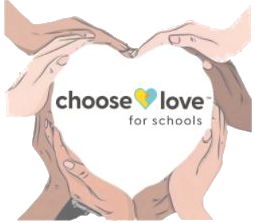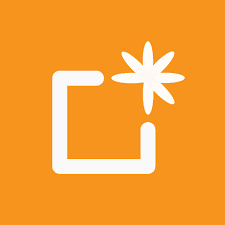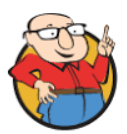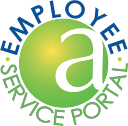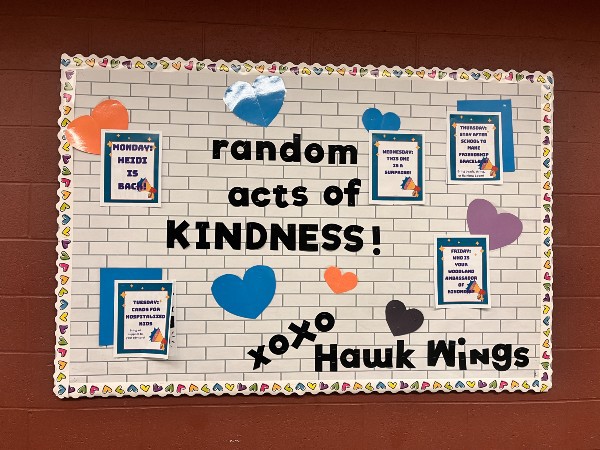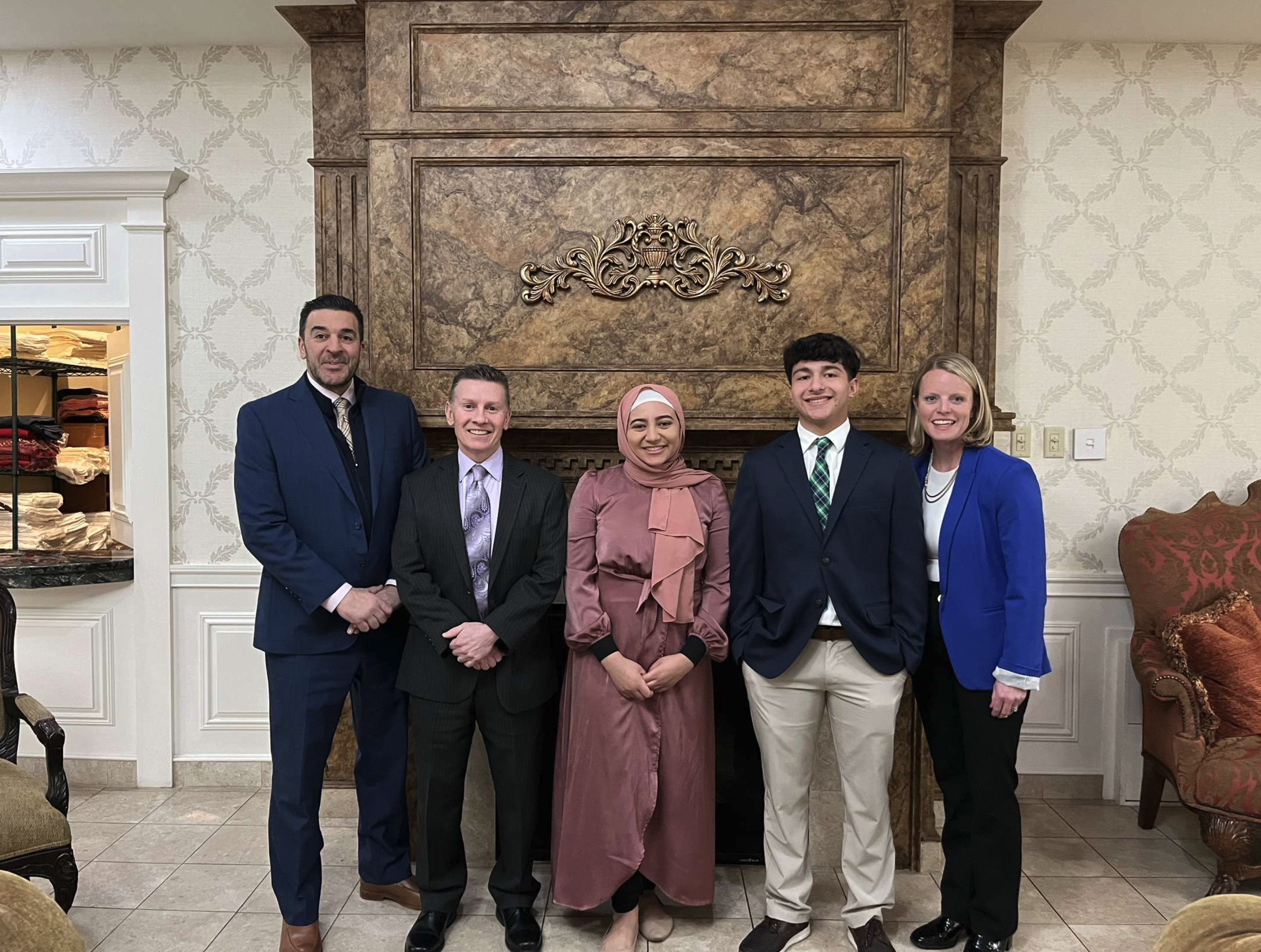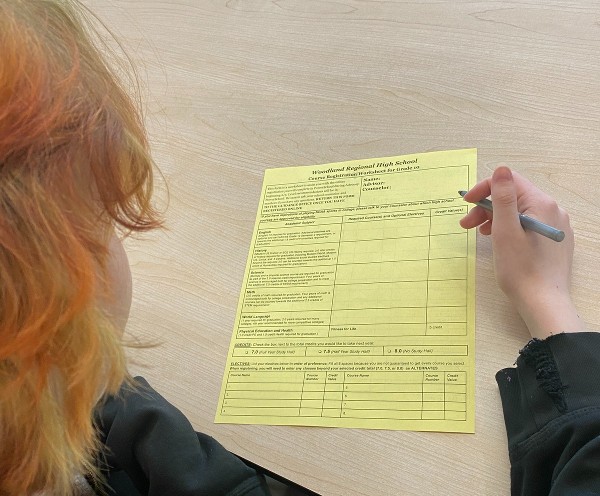On March 8th Woodlands Hawk Wings or Peer Helpers held a program on teen alcohol and drug use. They were joined by a guest speaker Jesse Mancinone.
Jesse Mancinone works as a prevention coordinator at Central Naugatuck Valley Regional Action Council.
Once everyone was introduced Mancinone gave a definition of addiction. He defined addiction as “chronic but treatable, brain disorder.”
While many believe if you set your mind to it you can stop this is really a myth. While many will want to, it is almost impossible to do by yourself after a certain point.
However, there are different degrees of drug and alcohol use. There is experimentation where a person tries it while they are like at a party or with their friends.
There is abuse and then there is addiction. Addiction is when a person feels they cannot live without it.
While there are many addictions that can be of concern the most common are alcohol, marijuana, prescription drugs (Heroin), and legal high’s: inhalants, energy drinks, synthetic canabinoid, and salvia.
26.3 percent of 16 and 17 year old kids are drinking alcohol. The biggest problem with this is the fact that kids teenagers brains have not finished developing. This is the reason in which the drinking age is 21.
While the drinking age is 21 it is seen that a lot of people do not follow the law. 4.6 million people drank alcohol for the first time in 2009. And 85.5 percent of them were under the age of 21.
Believe it or not drinking is a problem that never goes. Just like diabetes or asthma it will always be there. No matter how long one is sober, one drink, and one mistake, can send someone back into addiction.
If you or someone you know is evolved in drugs or alcohol try and lend a hand to them. For more information or assistance contact the guidance department/peer helpers. Or go to www.ct-aa.org; www.ctna.org; www.ct-al-anon.org; or www.oa.org. Or call 2-1-1 or 1-800-662-HELP.
Just remember addiction is brain disorder, so think twice before you act and get help before it’s too late.
Photo Credit: http://www.txcda.org/wp-content/uploads/2010/01/Drug-Addiction.jpg

